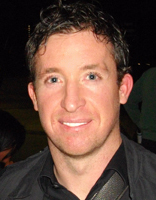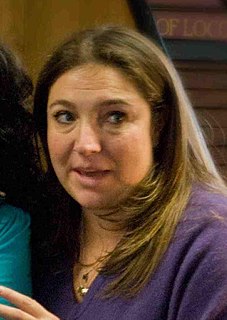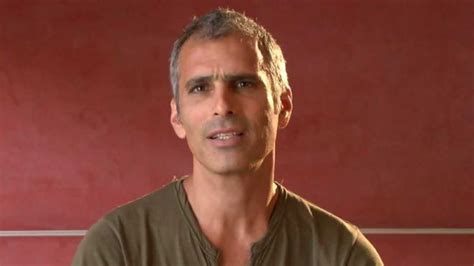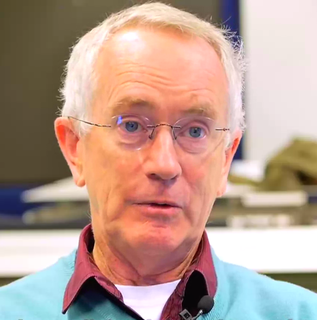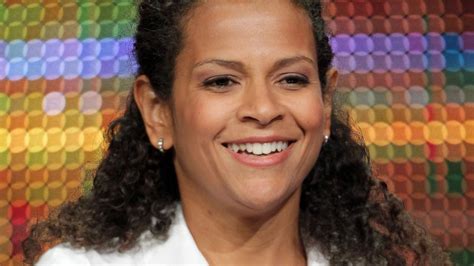A Quote by Suze Orman
Financial advice needs to change according to what is happening in the economy.
Related Quotes
The best way to look at any business is from the standpoint of the clients. So there are these certain basic things that aren't going to change. Companies are going to have needs for equity, debt, advice, FX, and derivatives. Individuals are going to have needs for auto loans, mortgages, something that looks like a deposit account, and the ability to send money to people. Those things aren't going to change.



